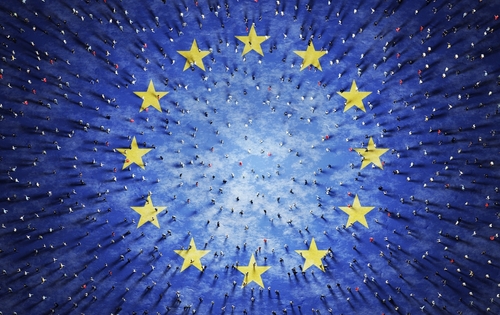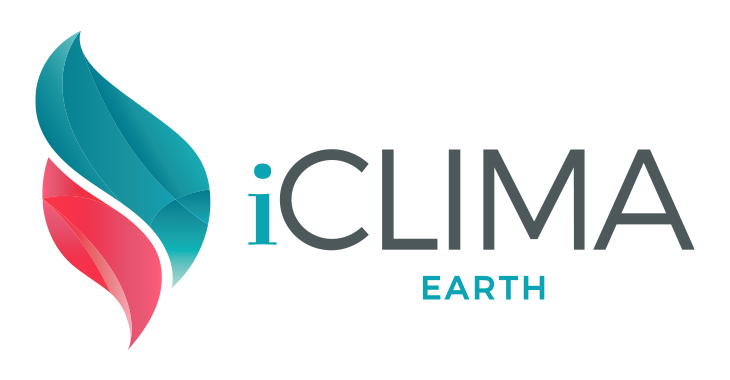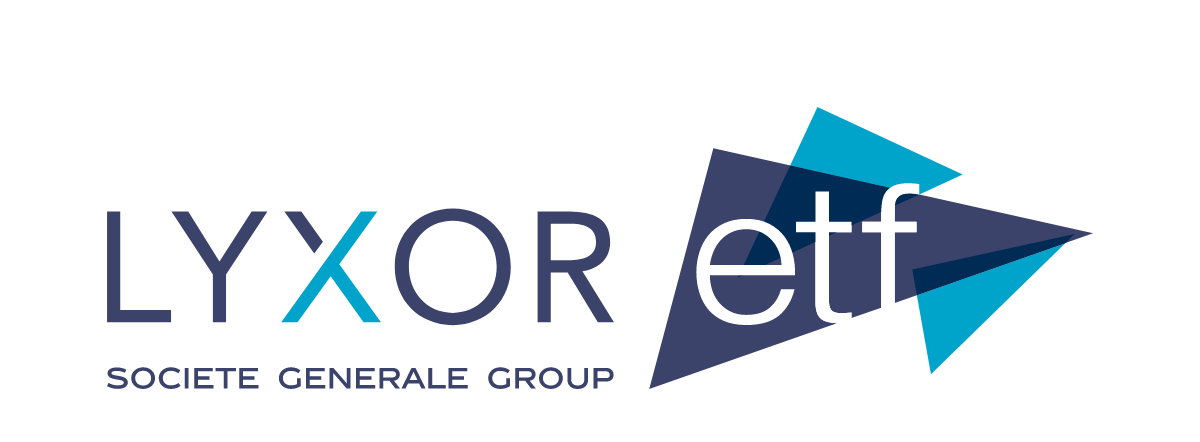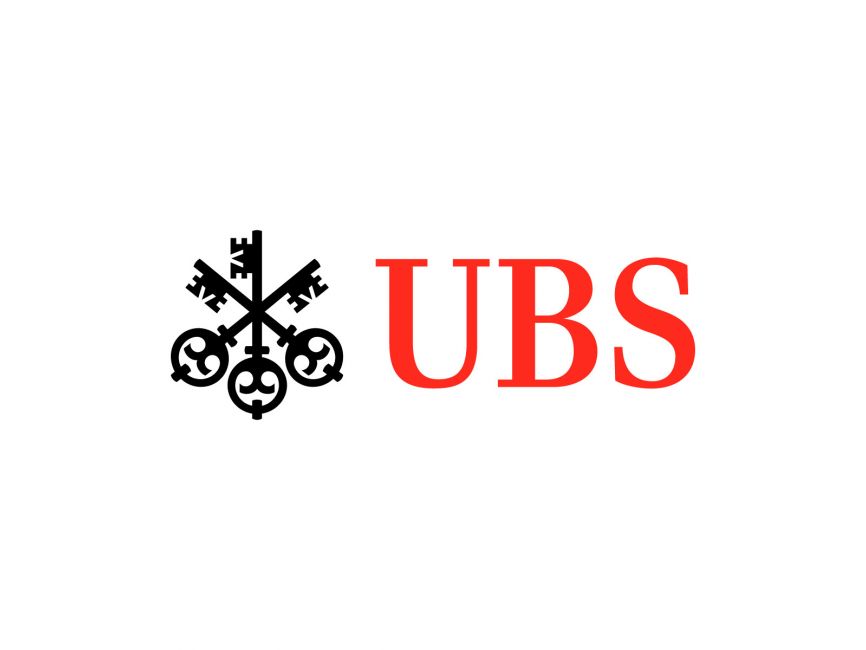It is little secret that environmental issues are the main focus of ESG-conscious investors and regulators in Europe, however, recent ETF downgrades could signal diversity issues being shunned by EU sustainable regulation altogether.
On 7 November, ETF Streamrevealed BlackRock and UBS Asset Management would kick off a wave of downgrades by reclassifying their entire ‘dark green’ Article 9 Paris-aligned benchmark (PAB) and climate transition benchmark (CTB) ranges with €21bn assets under management (AUM) to ‘light’ green Article 8 reporting, ahead of Sustainable Finance Disclosure Regulation (SFDR) phase two in January.
Within the week, BlackRock extended its demotion spree to thematic ETFs and issue-specific funds, shifting its flagship $6bn iShares Global Clean Energy UCITS ETF (INRG) – which contains exposure to traditional energy – to Article 8 alongside its $57m iShares Smart City Infrastructure UCITS ETF (CITY).
Arguably the bigger revelation, though, was the ETF issuer’s decision to strip its $68m iShares Refinitiv Inclusion and Diversity UCITS ETF (OPEN) of its sustainable label by downgrading it from Article 8 to 6, which according to Robeco is used for funds not integrating “any kind of sustainability into the investment process” and those which could “include stocks currently excluded by ESG funds such as tobacco companies or thermal coal producers”.
Interestingly, neither of these points ring true for BlackRock’s OPEN ETF.
The strategy tracks the Refinitiv Global Large/Mid Diversity & Inclusion ex. Controversial Weapons Equal Weight index, which takes a universe of 12,000 global stocks and identifies the top 100 companies with the most diverse and inclusive workplaces, measured through 24 metrics across diversity, inclusion, people development and news controversy pillars.
As well as championing companies leading in the ‘S’ goal of diversity, OPEN also rewards companies with less involvement in controversies, excludes those not covered by Refinitiv’s ESG database and those involved in the production of controversial weapons.
According to BlackRock, OPEN also has an ‘AAA’ ESG fund rating from MSCI and 0% direct exposure to UN Global Compact violators, weapons, tobacco, thermal coal or oil sands.
Despite this, the world’s largest asset manager plans to take the proactive step of removing the ETF’s ability to market itself as sustainable in the EU, either in anticipation that its sustainable criteria would not be sufficient under ‘level 2’ of SFDR, or more contentiously, it would not meet the new definitions of a sustainable fund under Article 2.
If the latter point is true, it bears considering whether OPEN’s downgrade is an isolated example or the start of a broader reclassification of non-impact social issue ETFs. In such a case gender ETFs such as the $55m Lyxor Global Gender Equality UCITS ETF (ELLE) and $532m UBS ETF Global Gender Equality UCITS ETF (GENDER) could face similar strife.
So far, UBS AM has not signalled it will downgrade GENDER, while Lyxor owner, Amundi, is consulting shareholders on whether to downgrade its €19bn PAB and CTB suites, ETF Stream understands.
Explaining why OPEN will be removed from the green rungs of SFDR, iClima CEO and co-founder Gabriela Herculano told ETF Stream it is difficult to distinguish between ‘causation and correlation’ in these types of funds.
In turn, it is hard for ETFs targeting diverse inclusion on boards to illustrate they are capturing companies that are the main drivers of positive change, rather than just being adjacent to positive outcomes.
“In industries such as efficient energy production, the positive outcome is baked into the company’s business model,” Herculano continued. “This is more challenging on the social side. Gender and diversity ETFs seem to have very broad indices and many of the index providers mean well, but still contain a bunch of banks and software companies. How do they cause the advancement of diverse representation?
“As the regulator, you cannot allow funds to label themselves based on social justice if it is just a broad representation of financial and tech companies.”
These points somewhat reflect OPEN, given it allocates to large names whose primary revenue stream has little to do with diversity, such as Eli Lily, Bank of America and even BlackRock itself, however, the ETF’s current categorisation under Article 8 suggests its issuer has never tried to claim the product is an impact fund.
Instead, much like the PAB and CTB ETFs which have just been downgraded to ‘light green’ Article 8, OPEN is an ESG ETF that essentially uses a best-in-class approach to capture companies that happen to be the top performers – or mildest offenders – on the issue the strategy is addressing.
Some might argue PAB ETFs have an edge by not just screening companies for index inclusion but encouraging continued emissions reduction by targeting average decarbonisation of 7% per year across their portfolios. However, these products do not yet have enough of a track record to prove how efficacious their investment and divestment activities are in rewarding good actors – not to mention the inevitable inaccuracies in areas such as the Scope 3 emissions data they use to assess and weight potential constituents.
Aside from just looking at index design, investors should also consider the role products focused on different components of ESG can play in engagement, both through how their assets are voted and in how they help to identify areas of interest for asset managers to engage on.
In fact, a new report from the National Bureau of Economic Research (NBER), titled The Big Three and Board Gender Diversity: The Effectiveness of Shareholder Voice, found campaigns to increase gender diversity on boards by BlackRock, Vanguard and State Street Global Advisors (SSGA) “led American corporations to add at least 2.5 times as many female directors in 2019 as they did in 2016”.
If BlackRock’s decision to downgrade its OPEN ETF to unsustainable status broadly reflects the EU’s treatment of diversity issues under SFDR, the implications of such a move should not be understated.
Prioritising the ‘E’ in ESG is nothing new in Europe but completely demoting diversity from the sustainable agenda – both in products and potentially as an issue to engage on – shows the parameters of sustainable investing are being redrawn in a significant way.
Related articles











